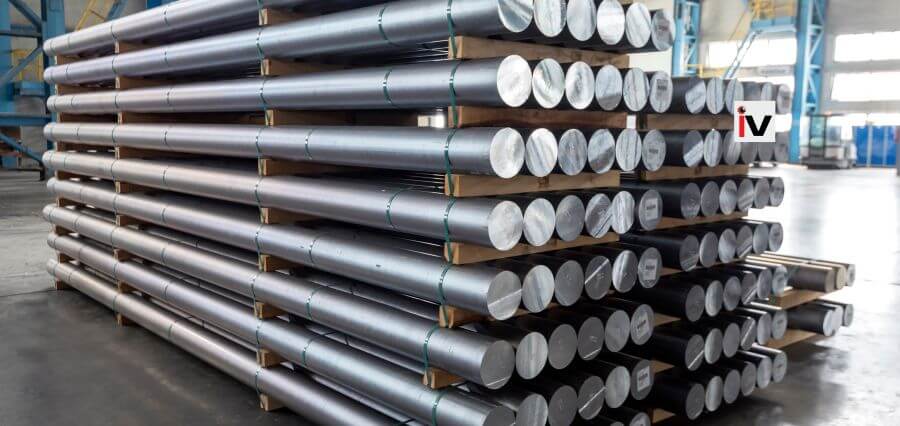Once the world’s leading Aluminium producer, the U.S. now produces significantly less of it. This decline comes at a time when demand for Aluminium is rising due to cleantech industries, even as efforts to reduce emissions associated with its production intensify. Alcoa’s recent $2.2 billion deal to enhance its global supply chain reflects a bet on this increasing demand, driven primarily by the clean energy transition. However, while Alcoa expands its presence abroad, its domestic footprint is shrinking, mirroring broader industry trends. This trend poses challenges for U.S. efforts to reduce emissions from Aluminium production and industrial supply chains overall. Aluminium’s versatility makes it indispensable in various applications, from renewable energy infrastructure to everyday consumer goods.
With a projected surge in global Aluminium demand of up to 80 percent by 2050, producers of this vital component for clean energy face growing pressure to mitigate their environmental impact. Annual operations contribute 2 percent of global greenhouse gas emissions, prompting calls for cleaner practices from policymakers and consumers alike. However, rising energy costs and heightened competition from China have led U.S. Aluminium producers like Alcoa to significantly reduce domestic production. Over the past 18 months, three American Aluminium plants have downsized operations, with closures including Alcoa’s Intalco smelter in Ferndale, Washington, and cutbacks at Century Aluminium’s facility in Hawesville, Kentucky, along with Magnitude 7 Metals’ smelter in Marston, Missouri.
The combined capacity of these facilities comprised more than half of the United States’ capability to produce primary Aluminium, which is non-recycled.
Clean energy proponents are calling on the Biden administration to incentivize domestic Aluminium production resurgence to meet the rising demand from clean energy manufacturers. Equally important, they advocate for policies facilitating cost-effective access to carbon-free electricity for Aluminium producers to power their large smelting operations.

